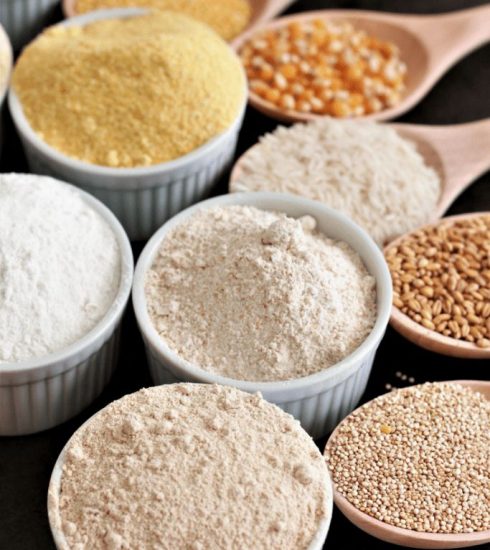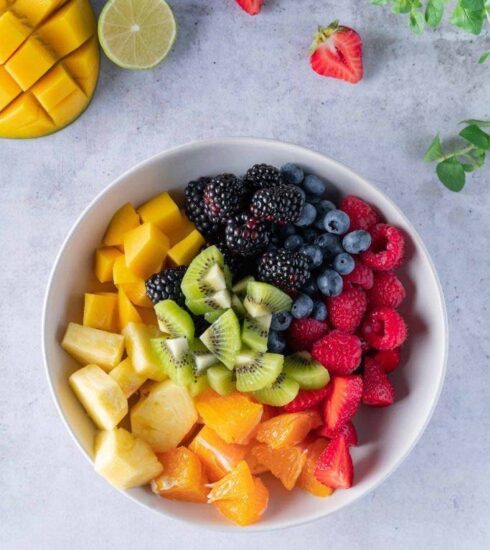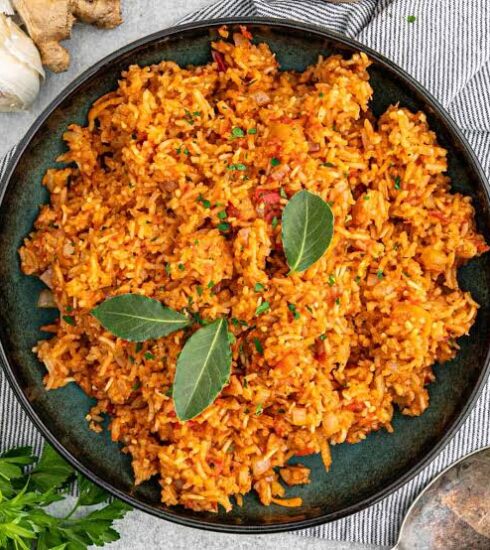Ulcer Diet: Foods to Eat And Foods to Avoid
-
Dorcas Akintoye

- June 4, 2024
Gastric ulcers, another name for stomach ulcers, are somewhat prevalent. While pain, nausea, diarrhoea, or bloating are not common symptoms of stomach ulcers, some people may experience them. Usually, a combination of drugs, including antibiotics, is needed to treat stomach ulcers. Nonetheless, there is mounting evidence that suggests consuming specific foods may help prevent stomach ulcers or at least lessen the symptoms they produce. If you have a stomach ulcer, this article will explain what foods to consume and what to avoid.
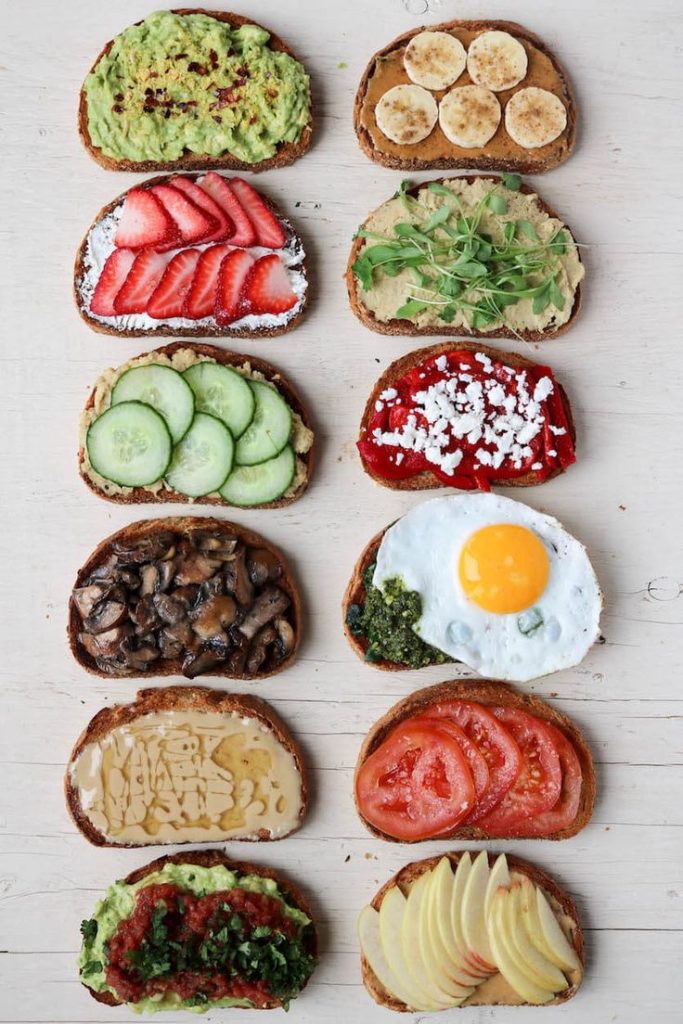
FOODS TO EAT
(1) BROCCOLI AND OTHER HIGH-FIBRE FOODS
A high-fibre diet has been shown to reduce the risk of ulcer development. Foods high in fibre cover the stomach lining and lessen the harm that gastric acid would otherwise do, diminishing or eliminating the possibility of ulcer development.
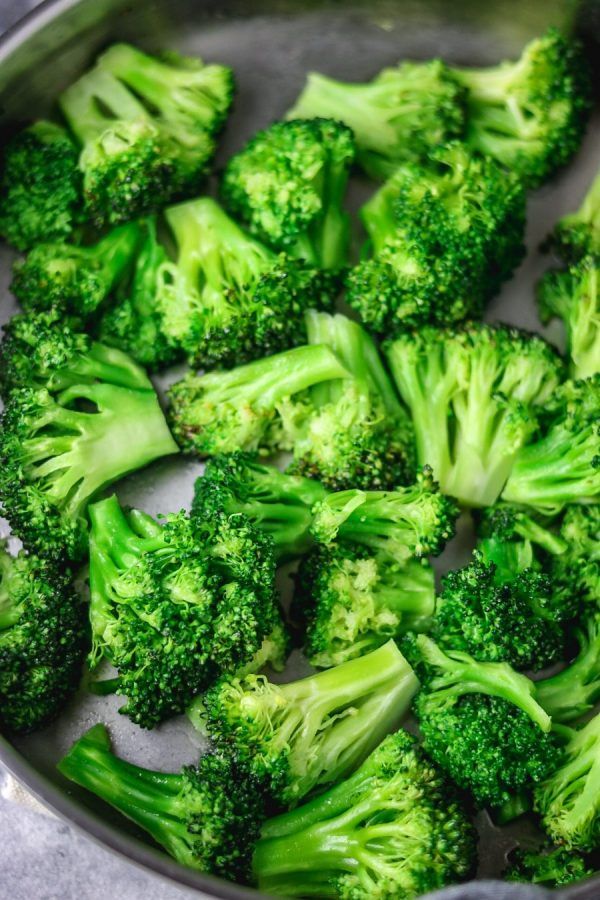
(2) FRUITS
Fruits, whether they are frozen or fresh, are a good source of antioxidants and fibre. The greatest fruits for therapeutic polyphenols include pomegranates, apples, grapes, and berries. Avoid citrus fruits and liquids, such as orange or grapefruit, if they cause reflux.
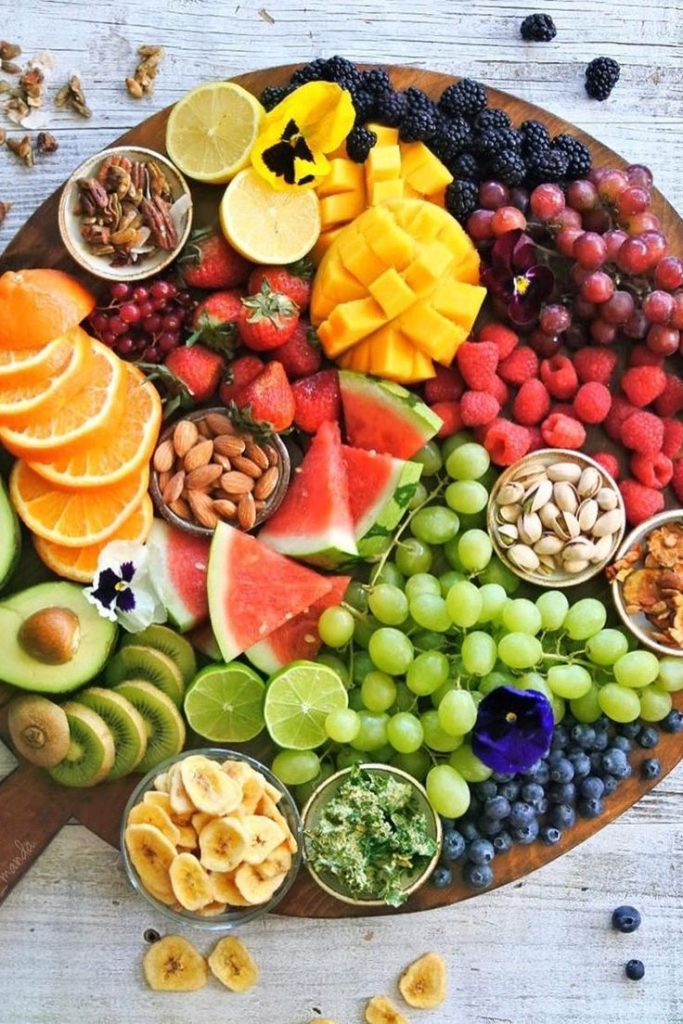
(3) FERMENTED DAIRY
Probiotics, or beneficial bacteria, are found in products like Greek yoghurt and kefir, which are also high in protein.
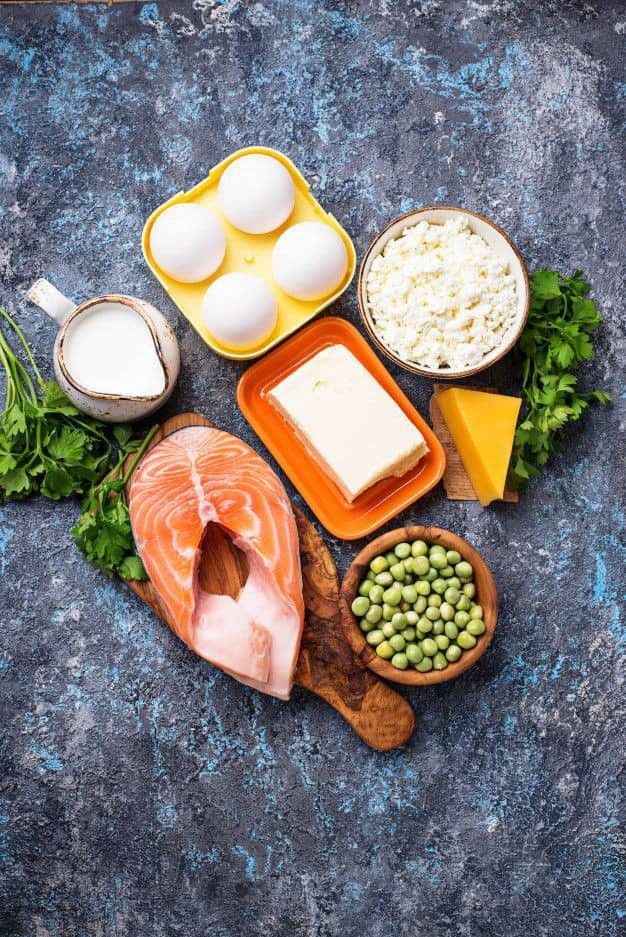
(4) LEAN PROTEINS
Good sources of low-fat protein include skinless chicken, fish, eggs, tofu, tempeh, lean beef such as tenderloin or sirloin, dry beans, and peas. Omega-3 fats, found in fatty fish like salmon, mackerel, and sardines, can lower inflammation and possibly even help prevent ulcers from recurring.
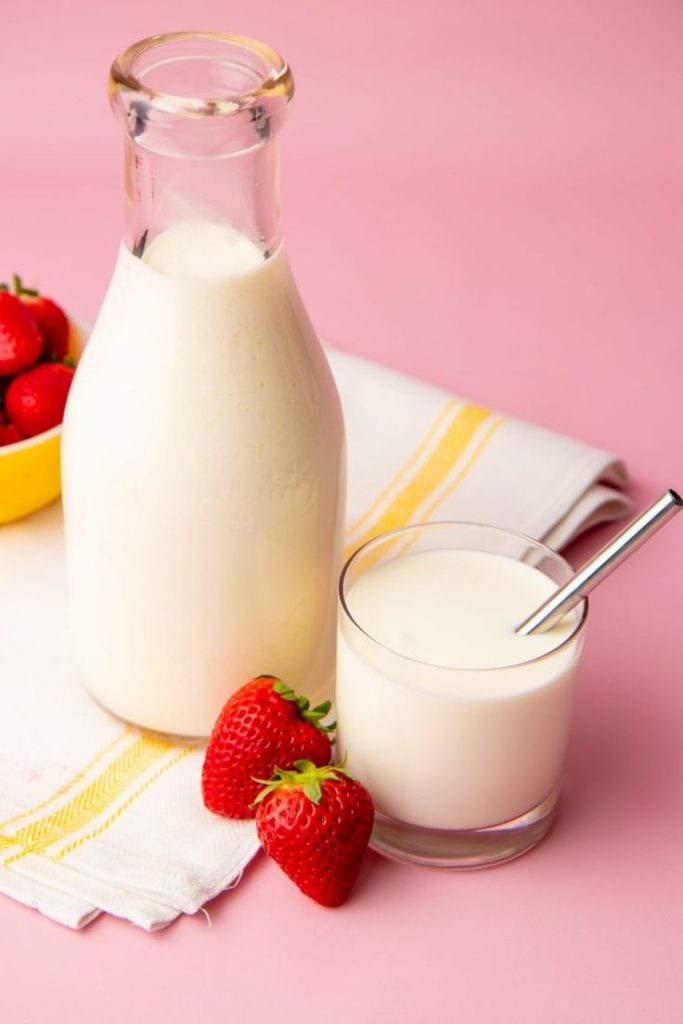
FOODS TO AVOID
(1) ALCOHOL
The stomach lining might become irritated and inflamed when alcohol-containing drinks like wine, beer, and liquor are consumed. The symptoms of stomach ulcers are linked to excessive alcohol use.

(2) FRIED FOODS
Foods that are deep-fried in hot oil might worsen stomach ulcers and disrupt the natural barrier that protects the digestive system. They may also include a lot of fat and salt, and if they are prepared outside the house, they may be fried in oil that has been used in the kitchen several times. Fried meals consist of fried chicken, fries, onion rings, potato chips, and doughnuts.
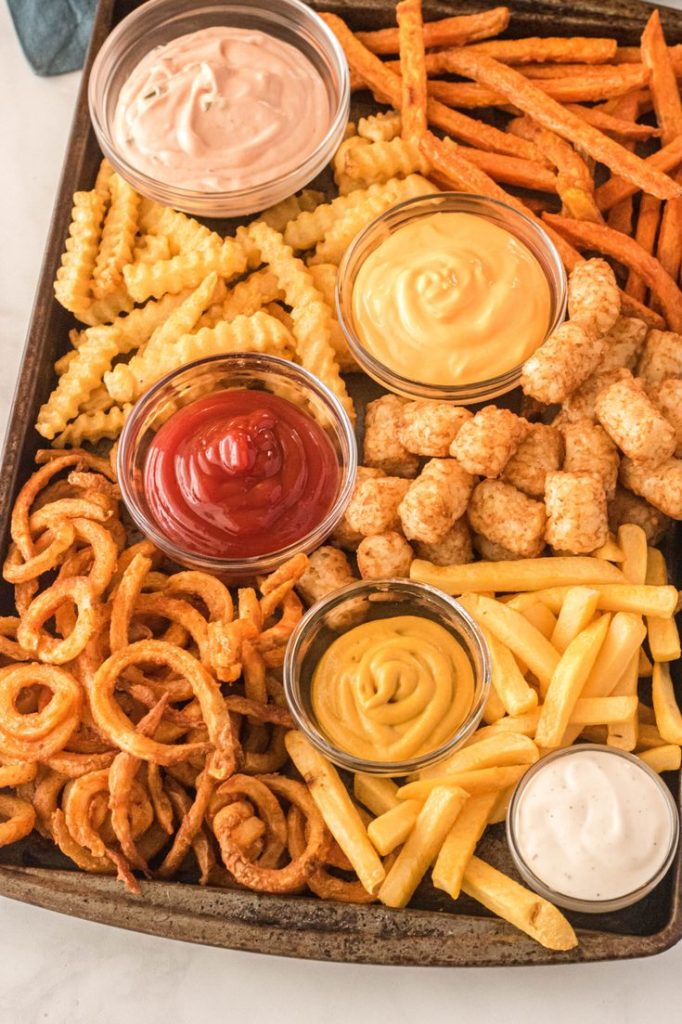
(3) ACIDIC FOODS
On a stomach ulcer diet, it is better to stay away from some naturally acidic foods, even though they may have some health advantages. Certain foods contribute to an acidic environment in the body because they have a high dietary acid load. Certain foods may need to be avoided or consumed in moderation by those who suffer from stomach ulcers, like tomatoes, citrus fruits (lemons, oranges, and grapefruits), refined carbohydrates (white bread, white rice, processed cereals), and carbonated drinks.
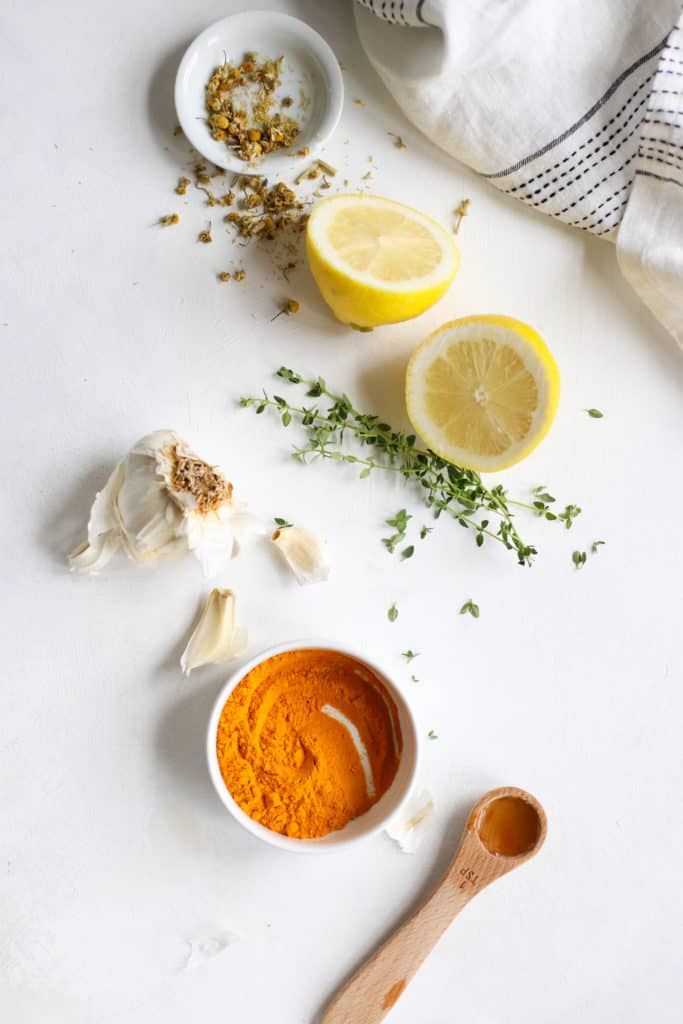
(4) SPICY FOODS
Anything that can be considered “hot,” such as sauces and condiments containing horseradish, black pepper, or chili peppers, should be avoided.
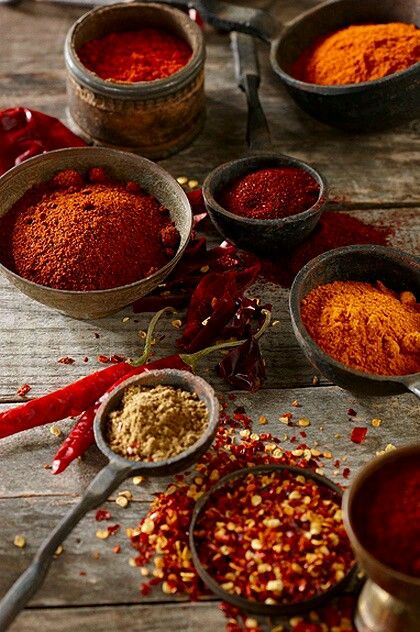
CONCLUSION
Eating a healthy, well-balanced diet is crucial for people with stomach ulcers. Modifying one’s diet in specific ways can help manage symptoms, maintain overall health, and lower the chance of stomach ulcers. Maintaining a healthy, balanced diet is one of the greatest strategies to avoid stomach ulcers.

Dorcas Akintoye is a versatile writer with a passion for beauty, fashion, relationships, and culinary delight. With a keen eye for detail and a passion for storytelling, she adds a touch of elegance to every topic she explores. She is a writer at THEWILL DOWNTOWN.
- Dorcas Akintoye
- Dorcas Akintoye
- Dorcas Akintoye
- Dorcas Akintoye
- Dorcas Akintoye
- Dorcas Akintoye
- Dorcas Akintoye
- Dorcas Akintoye
- Dorcas Akintoye
- Dorcas Akintoye
- Dorcas Akintoye
- Dorcas Akintoye
- Dorcas Akintoye
- Dorcas Akintoye
- Dorcas Akintoye
- Dorcas Akintoye
- Dorcas Akintoye
- Dorcas Akintoye
- Dorcas Akintoye
- Dorcas Akintoye
- Dorcas Akintoye
- Dorcas Akintoye
- Dorcas Akintoye
- Dorcas Akintoye
- Dorcas Akintoye
- Dorcas Akintoye
- Dorcas Akintoye
- Dorcas Akintoye
- Dorcas Akintoye
- Dorcas Akintoye
- Dorcas Akintoye
- Dorcas Akintoye
- Dorcas Akintoye
- Dorcas Akintoye
- Dorcas Akintoye
- Dorcas Akintoye
- Dorcas Akintoye
- Dorcas Akintoye
- Dorcas Akintoye
- Dorcas Akintoye
- Dorcas Akintoye
- Dorcas Akintoye
- Dorcas Akintoye
- Dorcas Akintoye
- Dorcas Akintoye
- Dorcas Akintoye
- Dorcas Akintoye
- Dorcas Akintoye
- Dorcas Akintoye
- Dorcas Akintoye
- Dorcas Akintoye
- Dorcas Akintoye
- Dorcas Akintoye
- Dorcas Akintoye
- Dorcas Akintoye
- Dorcas Akintoye
- Dorcas Akintoye
- Dorcas Akintoye
- Dorcas Akintoye
- Dorcas Akintoye
- Dorcas Akintoye
- Dorcas Akintoye
- Dorcas Akintoye
- Dorcas Akintoye
- Dorcas Akintoye
- Dorcas Akintoye
- Dorcas Akintoye
- Dorcas Akintoye
- Dorcas Akintoye
- Dorcas Akintoye
- Dorcas Akintoye
- Dorcas Akintoye
- Dorcas Akintoye
- Dorcas Akintoye
- Dorcas Akintoye
- Dorcas Akintoye
- Dorcas Akintoye
- Dorcas Akintoye
- Dorcas Akintoye
- Dorcas Akintoye
- Dorcas Akintoye
- Dorcas Akintoye
- Dorcas Akintoye
- Dorcas Akintoye
- Dorcas Akintoye
- Dorcas Akintoye
- Dorcas Akintoye
- Dorcas Akintoye
- Dorcas Akintoye
- Dorcas Akintoye
- Dorcas Akintoye
- Dorcas Akintoye
- Dorcas Akintoye
- Dorcas Akintoye
- Dorcas Akintoye
- Dorcas Akintoye
- Dorcas Akintoye
- Dorcas Akintoye
- Dorcas Akintoye
- Dorcas Akintoye
- Dorcas Akintoye
- Dorcas Akintoye
- Dorcas Akintoye
- Dorcas Akintoye
- Dorcas Akintoye
- Dorcas Akintoye
- Dorcas Akintoye
- Dorcas Akintoye
- Dorcas Akintoye
- Dorcas Akintoye
- Dorcas Akintoye
- Dorcas Akintoye
- Dorcas Akintoye
- Dorcas Akintoye
- Dorcas Akintoye
- Dorcas Akintoye
- Dorcas Akintoye
- Dorcas Akintoye
- Dorcas Akintoye
- Dorcas Akintoye
- Dorcas Akintoye
- Dorcas Akintoye
- Dorcas Akintoye
- Dorcas Akintoye
- Dorcas Akintoye
- Dorcas Akintoye
- Dorcas Akintoye
- Dorcas Akintoye
- Dorcas Akintoye
- Dorcas Akintoye
- Dorcas Akintoye
- Dorcas Akintoye
- Dorcas Akintoye
- Dorcas Akintoye
- Dorcas Akintoye
- Dorcas Akintoye
- Dorcas Akintoye
- Dorcas Akintoye
- Dorcas Akintoye
- Dorcas Akintoye
- Dorcas Akintoye
- Dorcas Akintoye
- Dorcas Akintoye
- Dorcas Akintoye
- Dorcas Akintoye
- Dorcas Akintoye
- Dorcas Akintoye
- Dorcas Akintoye
- Dorcas Akintoye
- Dorcas Akintoye
- Dorcas Akintoye
- Dorcas Akintoye
- Dorcas Akintoye
- Dorcas Akintoye
- Dorcas Akintoye
- Dorcas Akintoye
- Dorcas Akintoye
- Dorcas Akintoye
- Dorcas Akintoye
- Dorcas Akintoye
- Dorcas Akintoye
- Dorcas Akintoye
- Dorcas Akintoye
- Dorcas Akintoye
- Dorcas Akintoye
- Dorcas Akintoye
- Dorcas Akintoye
- Dorcas Akintoye
- Dorcas Akintoye
- Dorcas Akintoye
- Dorcas Akintoye
- Dorcas Akintoye
- Dorcas Akintoye
- Dorcas Akintoye
- Dorcas Akintoye
- Dorcas Akintoye
- Dorcas Akintoye
- Dorcas Akintoye
- Dorcas Akintoye
- Dorcas Akintoye
- Dorcas Akintoye
- Dorcas Akintoye
- Dorcas Akintoye
- Dorcas Akintoye
- Dorcas Akintoye
- Dorcas Akintoye
- Dorcas Akintoye
- Dorcas Akintoye
- Dorcas Akintoye
- Dorcas Akintoye
- Dorcas Akintoye
- Dorcas Akintoye
- Dorcas Akintoye
- Dorcas Akintoye
- Dorcas Akintoye
- Dorcas Akintoye
- Dorcas Akintoye
- Dorcas Akintoye
- Dorcas Akintoye
- Dorcas Akintoye
- Dorcas Akintoye
- Dorcas Akintoye
- Dorcas Akintoye
- Dorcas Akintoye
- Dorcas Akintoye
- Dorcas Akintoye
- Dorcas Akintoye
- Dorcas Akintoye
- Dorcas Akintoye
- Dorcas Akintoye
- Dorcas Akintoye
- Dorcas Akintoye
- Dorcas Akintoye
- Dorcas Akintoye
- Dorcas Akintoye
- Dorcas Akintoye
- Dorcas Akintoye
- Dorcas Akintoye
- Dorcas Akintoye
- Dorcas Akintoye
- Dorcas Akintoye
- Dorcas Akintoye
- Dorcas Akintoye
- Dorcas Akintoye
- Dorcas Akintoye
- Dorcas Akintoye
- Dorcas Akintoye
- Dorcas Akintoye
- Dorcas Akintoye
- Dorcas Akintoye
- Dorcas Akintoye
- Dorcas Akintoye
- Dorcas Akintoye
- Dorcas Akintoye
- Dorcas Akintoye
- Dorcas Akintoye
- Dorcas Akintoye
- Dorcas Akintoye
- Dorcas Akintoye
- Dorcas Akintoye
- Dorcas Akintoye
- Dorcas Akintoye
- Dorcas Akintoye
- Dorcas Akintoye
- Dorcas Akintoye
- Dorcas Akintoye
- Dorcas Akintoye
- Dorcas Akintoye
- Dorcas Akintoye
- Dorcas Akintoye
- Dorcas Akintoye
- Dorcas Akintoye
- Dorcas Akintoye
- Dorcas Akintoye
- Dorcas Akintoye
- Dorcas Akintoye
- Dorcas Akintoye
- Dorcas Akintoye
- Dorcas Akintoye
- Dorcas Akintoye
- Dorcas Akintoye
- Dorcas Akintoye
- Dorcas Akintoye
- Dorcas Akintoye
- Dorcas Akintoye
- Dorcas Akintoye
- Dorcas Akintoye
- Dorcas Akintoye
- Dorcas Akintoye
- Dorcas Akintoye
- Dorcas Akintoye
- Dorcas Akintoye
- Dorcas Akintoye
- Dorcas Akintoye
- Dorcas Akintoye
- Dorcas Akintoye
- Dorcas Akintoye
- Dorcas Akintoye
- Dorcas Akintoye
- Dorcas Akintoye
- Dorcas Akintoye
- Dorcas Akintoye
- Dorcas Akintoye
- Dorcas Akintoye
- Dorcas Akintoye
- Dorcas Akintoye
- Dorcas Akintoye
- Dorcas Akintoye
- Dorcas Akintoye
- Dorcas Akintoye
- Dorcas Akintoye
- Dorcas Akintoye
- Dorcas Akintoye
- Dorcas Akintoye
- Dorcas Akintoye
- Dorcas Akintoye
- Dorcas Akintoye
- Dorcas Akintoye
- Dorcas Akintoye
- Dorcas Akintoye
- Dorcas Akintoye
- Dorcas Akintoye
- Dorcas Akintoye
- Dorcas Akintoye
- Dorcas Akintoye
- Dorcas Akintoye
- Dorcas Akintoye
- Dorcas Akintoye
- Dorcas Akintoye
- Dorcas Akintoye
- Dorcas Akintoye
- Dorcas Akintoye
- Dorcas Akintoye
- Dorcas Akintoye
- Dorcas Akintoye
- Dorcas Akintoye
- Dorcas Akintoye
- Dorcas Akintoye
- Dorcas Akintoye
- Dorcas Akintoye
- Dorcas Akintoye
- Dorcas Akintoye
- Dorcas Akintoye
- Dorcas Akintoye
- Dorcas Akintoye
- Dorcas Akintoye
- Dorcas Akintoye
- Dorcas Akintoye
- Dorcas Akintoye
- Dorcas Akintoye
- Dorcas Akintoye
- Dorcas Akintoye
- Dorcas Akintoye
- Dorcas Akintoye
- Dorcas Akintoye
- Dorcas Akintoye
- Dorcas Akintoye
- Dorcas Akintoye
- Dorcas Akintoye
- Dorcas Akintoye
- Dorcas Akintoye
- Dorcas Akintoye
- Dorcas Akintoye
- Dorcas Akintoye
- Dorcas Akintoye
- Dorcas Akintoye
- Dorcas Akintoye
- Dorcas Akintoye
- Dorcas Akintoye
- Dorcas Akintoye
- Dorcas Akintoye
- Dorcas Akintoye
- Dorcas Akintoye
- Dorcas Akintoye
- Dorcas Akintoye
- Dorcas Akintoye
- Dorcas Akintoye
- Dorcas Akintoye
- Dorcas Akintoye
- Dorcas Akintoye
- Dorcas Akintoye
- Dorcas Akintoye
- Dorcas Akintoye
- Dorcas Akintoye
- Dorcas Akintoye
- Dorcas Akintoye
- Dorcas Akintoye
- Dorcas Akintoye
- Dorcas Akintoye
- Dorcas Akintoye
- Dorcas Akintoye
- Dorcas Akintoye
- Dorcas Akintoye
- Dorcas Akintoye
- Dorcas Akintoye
- Dorcas Akintoye
- Dorcas Akintoye
- Dorcas Akintoye
- Dorcas Akintoye
- Dorcas Akintoye
- Dorcas Akintoye
- Dorcas Akintoye
- Dorcas Akintoye
- Dorcas Akintoye
- Dorcas Akintoye
- Dorcas Akintoye
- Dorcas Akintoye
- Dorcas Akintoye
- Dorcas Akintoye
- Dorcas Akintoye
- Dorcas Akintoye
- Dorcas Akintoye
- Dorcas Akintoye
- Dorcas Akintoye
- Dorcas Akintoye
- Dorcas Akintoye
About Author / Dorcas Akintoye
Dorcas Akintoye is a versatile writer with a passion for beauty, fashion, relationships, and culinary delight. With a keen eye for detail and a passion for storytelling, she adds a touch of elegance to every topic she explores. She is a writer at THEWILL DOWNTOWN.




